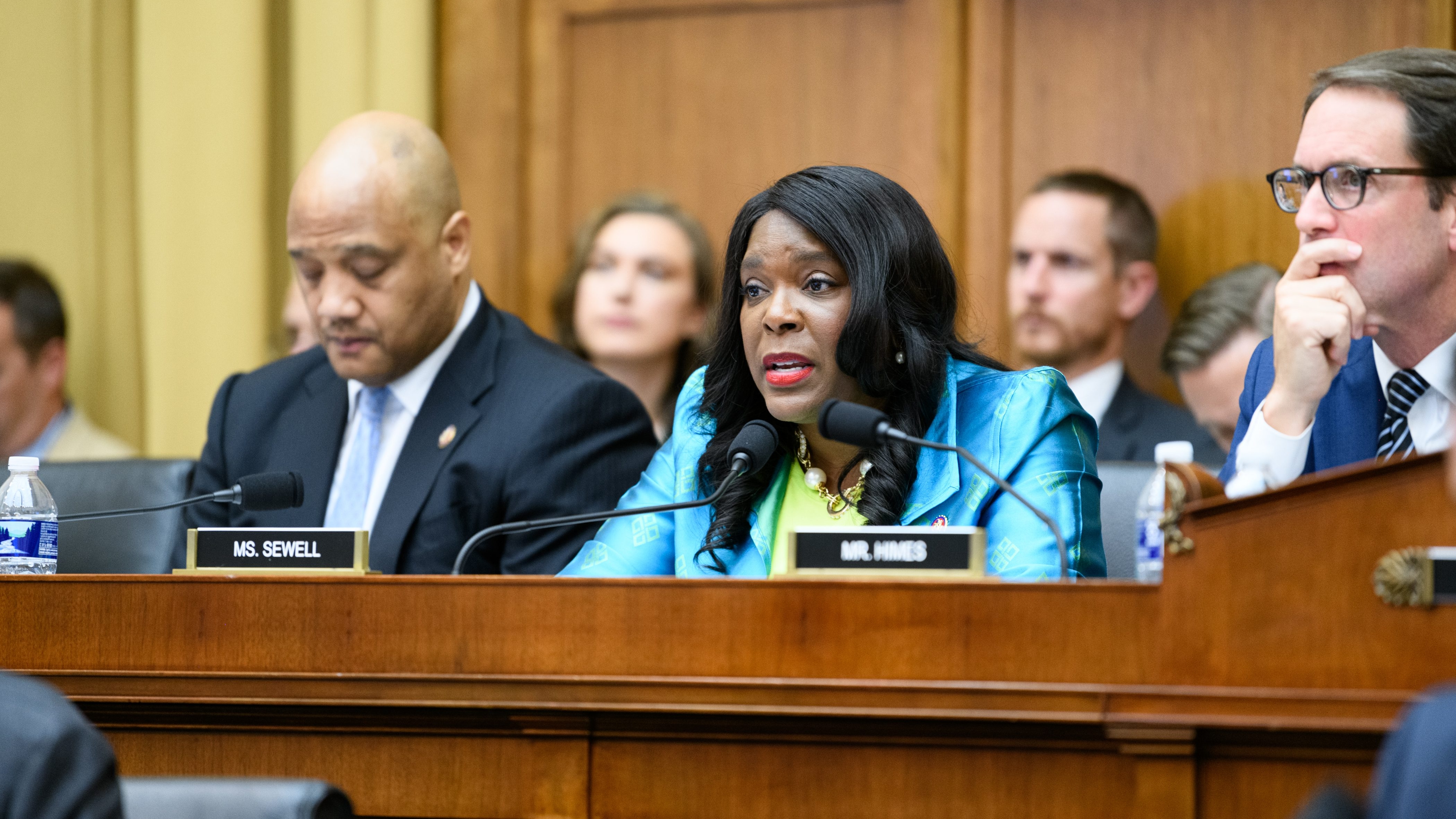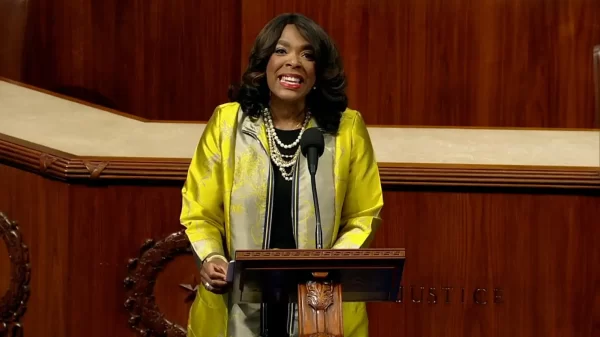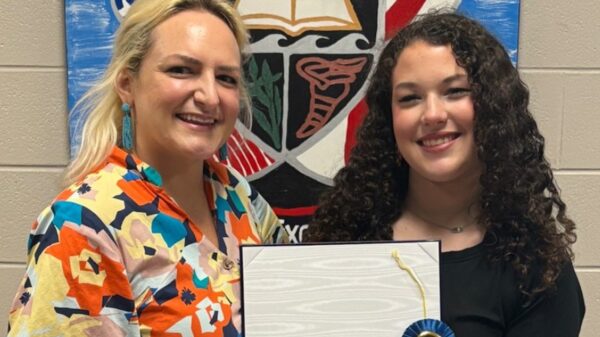Congressional members Terri Sewell, D-Alabama, and Buddy Carter, R-Georgia, introduced HR4210, the Disaster Reforestation Act of 2021. This legislation would help family and private timber growers recover from the loss of timber destroyed by natural disasters and reforest their lands.
“Alabama’s beautiful forests keep our economy, our environment, and our people healthy,” Sewell said. “But when disaster strikes, our private forest owners are often left devastated and without the ability to quickly recover. By fixing our tax code, the Disaster Reforestation Act offers a helping hand to Alabama’s private forest owners as they work to reforest after natural disasters. I am so proud to introduce this legislation and urge my colleagues to support it.”
“Forestry is a vital part of rural economies all across our country,” Carter, the lead Republican co-sponsor, said. “Unfortunately the current tax code provides no recourse for working forests struck by natural disasters. I’m proud to work with Congresswoman Sewell and our partners from across the country to address this issue. The Disaster Reforestation Act will ensure timber farming is a viable way of life, protecting the many jobs and consumer products it supports and its positive impact to our environment.”
Alabama’s private forest owners own 21 million acres of private forestland, which are critical to the state’s economic and environmental health. Currently, Alabama’s private forests support $28 billion in economic activity and 119,000 jobs, contributing $906 million in tax revenue, and provide safe drinking water for 1.4 million Alabamians. Sewell’s office said that they also help combat climate change by sequestering carbon emissions and releasing oxygen.
Unfortunately, Alabama’s private forest landowners — many of which are families and small timber companies that produce products like lumber — face immense financial burdens when needing to reforest their lands after a natural disaster, which is often compounded at tax time when private forest owners find their ability to claim a casualty loss for destroyed timber is limited, often to zero dollars.
When a tornado touches down in a forest, the twisting motion of the wind not only destroys the trees but often renders once valuable sawed timber of little use for anything other than being chipped up into pulp, at a great loss for the timber owner. In a severe weather outbreak such as a hurricane, tens of thousands of acres of forestland can be affected, making it difficult for timber crews to salvage the downed trees in a timely manner. Those trees, which had been growing in value for 15, 20 or 30 years or more suddenly are being harvested at a fraction of their value, and it will take decades for that landowner to grow those trees back, and that is only after an upfront cost of replanting the forest.
The Disaster Reforestation Act would reduce the financial burden by providing for the equitable tax treatment of casualty loss of their timber crop when disaster strikes. In doing so, it would foster stability and growth in one of Alabama’s key industries and promote environmental wellness through reforestation.
“The economic impact of the forestry sector in Alabama is critically reliant on forest landowners’ ability to supply timber to our mills; especially here in Rural Southwest Alabama,” said Sheldon Day, mayor of Thomasville, Alabama. “Congresswoman Sewell has proven time and time again that she understands the needs of her forestry constituents. The City of Thomasville sincerely appreciates her leadership in championing the Disaster Reforestation Act.”
“This legislation is key in helping family forest owners recover after natural disasters and keeping Alabama’s forests as forests,” said Gray Skipper, Alabama landowner and VP of Scotch Plywood Company. “This will ensure the forest products consuming mills have trees in the future to maintain local economies. It will also ensure these forests, some of which are the most biologically diverse in the country, can continue sequestering carbon, supporting at-risk species, providing the clean water supply, and recreation for Gulf communities.”
“Alabama’s 23 million acres of healthy forests supply the raw material for the state’s $28 billion forest industry that creates jobs for 123,000 Alabama workers,” said Chris Isaacson, president and CEO of the Alabama Forestry Association. “The investment required by forest landowners over the decades from planting to harvest is at constant risk from natural disasters. Under the current tax code, when disaster strikes landowners lose twice. They lose their timber and they lose the ability to deduct the value of the timber damaged. We are grateful that Congresswoman Sewell recognizes this inequity and applaud her for taking a leadership role in helping landowners and their local communities recover.”
“America’s forest landowners have been waiting for this vital fix in the tax code and are appreciative of Representative Sewell and Carter’s efforts to introduce the Disaster Reforestation Act,” said Scott Jones, CEO of the Forest Landowners Association. “The legislation will not only help timber owners recover from natural disasters but will stimulate rural economies and support our nation’s domestic timber supply.”
The Disaster Reforestation Act receives widespread support from national forestry stakeholders including the Forest Landowners Association, the Southern Group of State Foresters, the American Forest Foundation, the National Association of State Foresters, the Society of American Foresters, F&W Forestry Services, the Association of Consulting Foresters and the National Alliance of Forest Owners.
Sewell is in her sixth term representing the people of Alabama’s 7th Congressional District.

















































